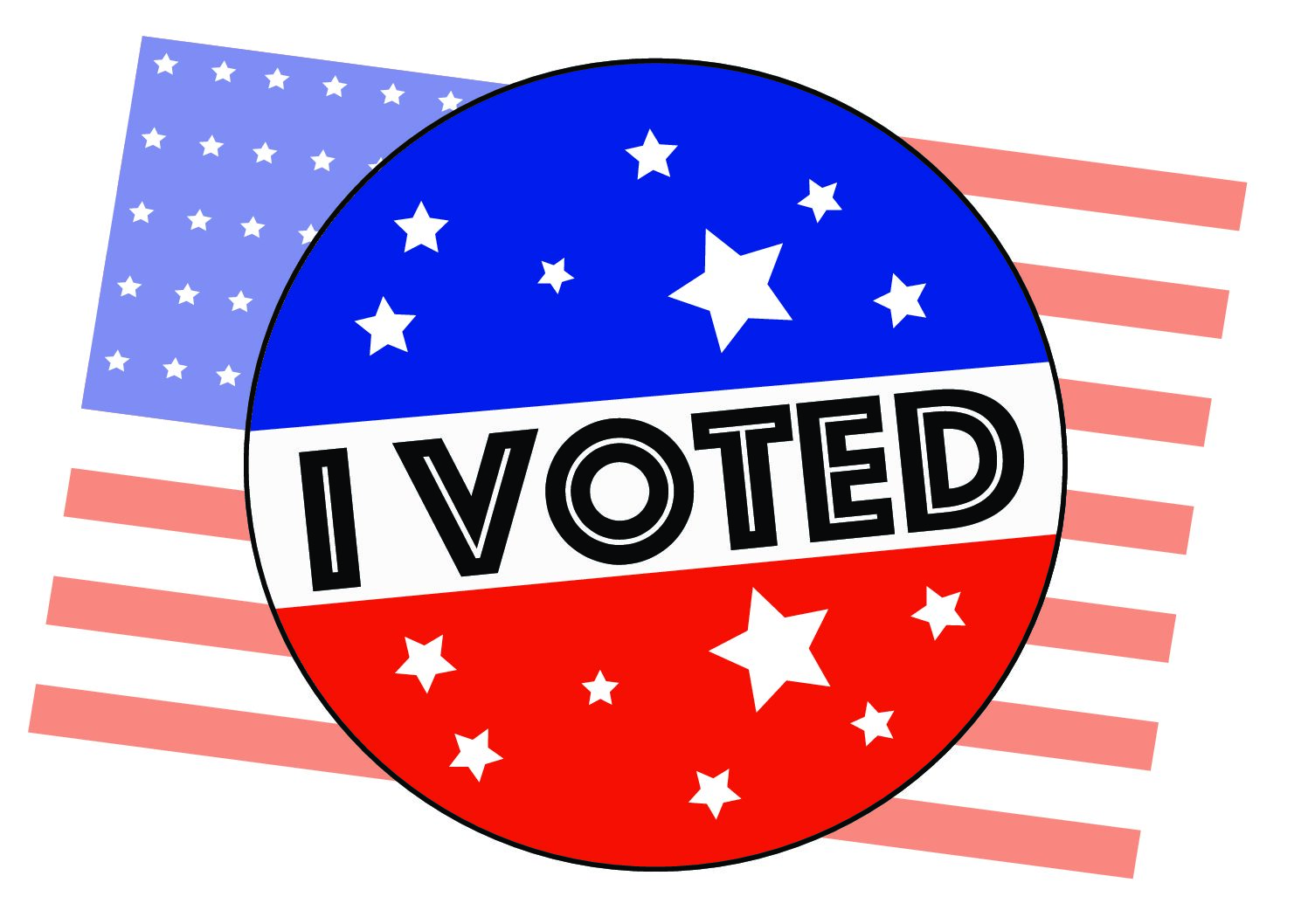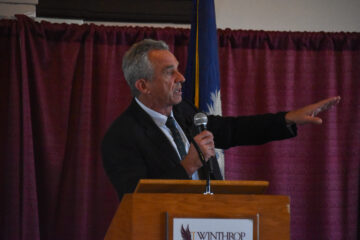Each day, we inch closer and closer to casting our ballots and exercising our right to vote, an essential human right for which countless warriors have fought and lost their lives to guarantee.
In the hope of making America a better nation by voicing our values and beliefs, it is imperative that action be taken to truly consider how a candidate will impact the country, as well as the world.
The following piece contains some of the most important details to be familiar with in order to make an informed decision when it comes time to vote in November.
The voter registration deadline for South Carolina is approaching swiftly: Oct. 2 for in person and Oct. 5 for online registration, according to scvotes. gov. In order to vote by mail, an application must be submitted by Oct. 30.
“Voters should apply at least one week prior to election day to allow adequate mail time,” according to the scvotes.gov.
With this in mind, be sure to register as soon as possible, and, if voting by mail, submit the application also available on scvotes.gov.
Martin Jackson, a junior political science and history double-major, makes sure to stay informed on political matters and involved in the community. He is a voting ambassador, the Political Action Chair for the Winthrop University NAACP, Community Outreach Chair for the Student Alumni Council, a representative on the Council of Student Leaders, a College Democrat and a Close Scholar.
Jackson said he will be voting by mail, “just because of everything happening, it’s better to
be safe than sorry.”
Although voting by mail during a pandemic might seem like an obvious choice, some voters, numerous baby boomers in particular, suddenly do not trust this system, despite many of them utilizing this avenue of voting in previous elections. In fact, individuals aged sixty-five and above make up the highest percentage of mail-in-voters, according to the electionupdates.caltech.edu website.
In consideration of the common fear many baby boomers hold about mail-in voting, Jackson said that voting in person is “probably more secure,” adding that, “a lot of [baby boomers] are most likely going to show up to polls with less fear of COVID-19 because they think they’ve lived through everything, almost like they are invincible, but the virus doesn’t care how old you are.”
It is crucial to research candidates in order to make an informed decision.
“Don’t just go with who your parents or friends are voting for. Make your own informed decision, and be confident enough in your own skin to do so,” Jackson said. “Sometimes, when you feel like the party that you are more aligned with is failing you, don’t feel like you’re betraying your party by voting for a candidate of another party.”
The practice of researching candidates and issues shouldn’t be reserved for the general election. Looking into local issues is just as important when it comes to voting. “They are likely to affect you far more than a presidential election will, so vote,vote, vote,” he said.
Additional tips that Jackson gave include memorizing one’s social security number and carrying a South Carolina driver’s license or valid ID. These may seem like simple things to do, but every election countless people are restricted from casting their vote. “And just remember, if your vote didn’t matter, why are people trying to suppress it?,” he said.
Graphic by Lizzy Talbert




